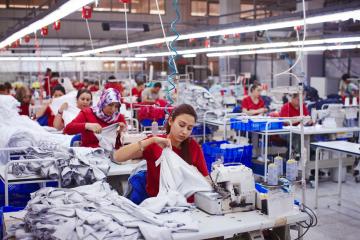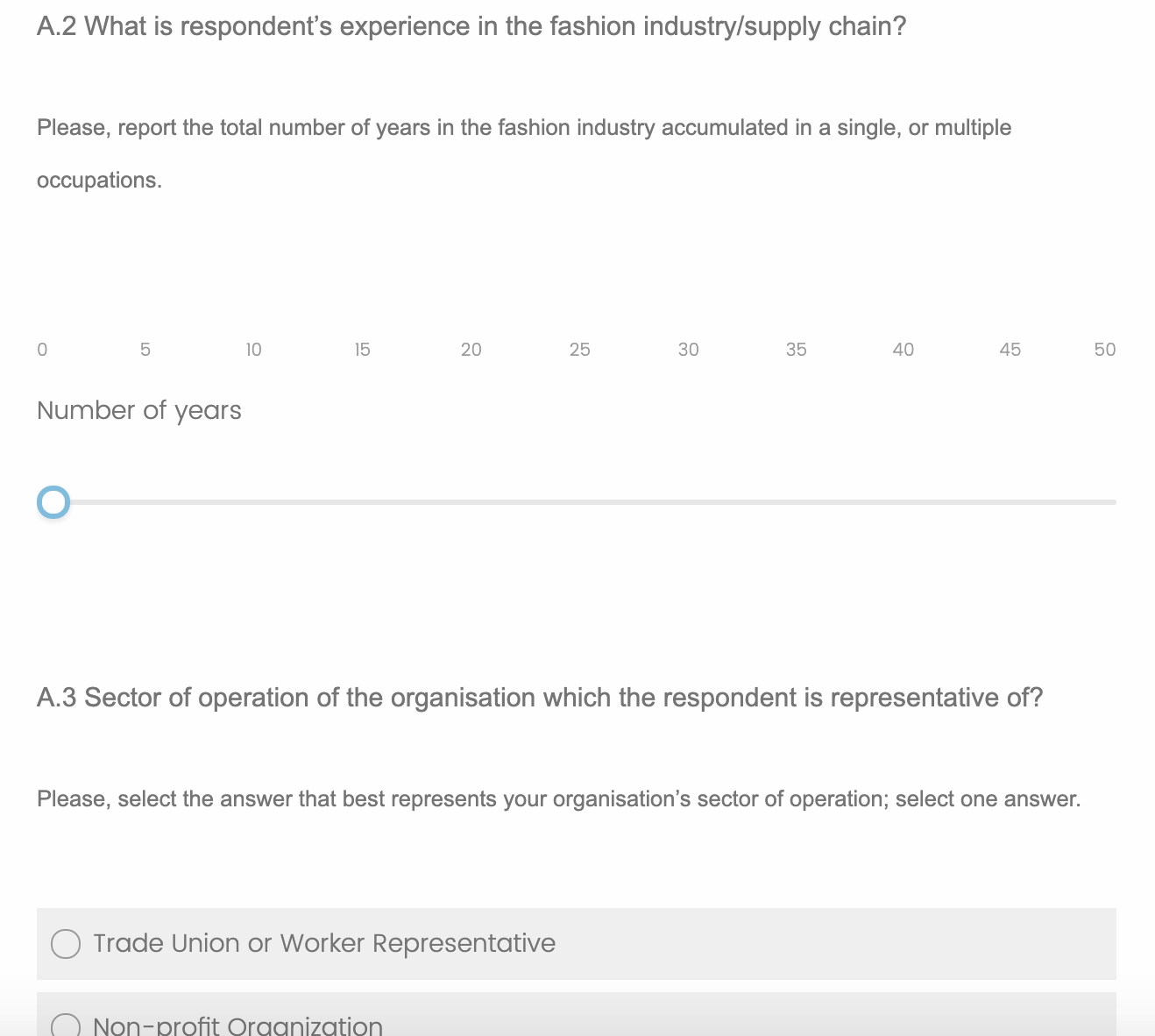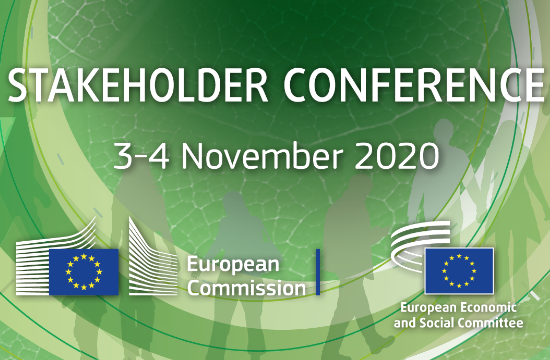Circular Economy
Public - visible to all visitors to the platform.
Open to join - users can join this group without approval.
About this Discussion
In 2019, over 92 billion tonnes of materials were extracted and processed, contributing to about half of global CO2 emissions. This “take-make-dispose” approach and the resulting waste – including plastics, textiles, food, electronics and more – is taking its toll on the environment and human health.
A circular economy model replaces this end-of-life concept with restoration, shifts towards the use of renewable energy, eliminates the use of toxic chemicals, which impair reuse and return to the biosphere, and aims for the elimination of waste through the superior design of materials, products, systems and business models. The circular economy approach improves resource efficiency and reduces environmental impact on natural capital by designing products in a more recyclable way, adopting efficient technology and turning waste into a resource. The circular economy offers a trillion-dollar opportunity in terms of possible material savings, innovation and job creation, improved land productivity and soil health, and green growth. Achieving this, however, requires strong collaboration between leaders from business, government and civil society.
Upcoming Events
Informative message
Circular Economy
Created a Post in Circular Economy
Created a Post in Circular Economy
Created a Post in Circular Economy
Created an Event in Circular Economy
Created a Post in Circular Economy
Created an Event in Circular Economy
Created a Post in Circular Economy



